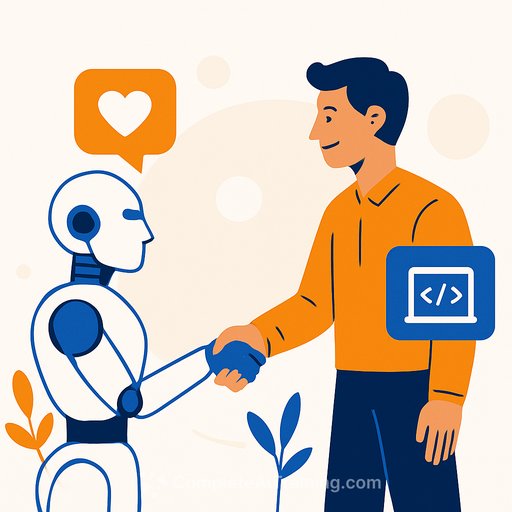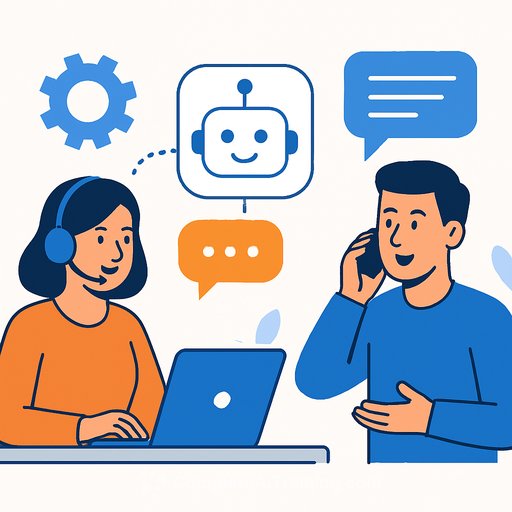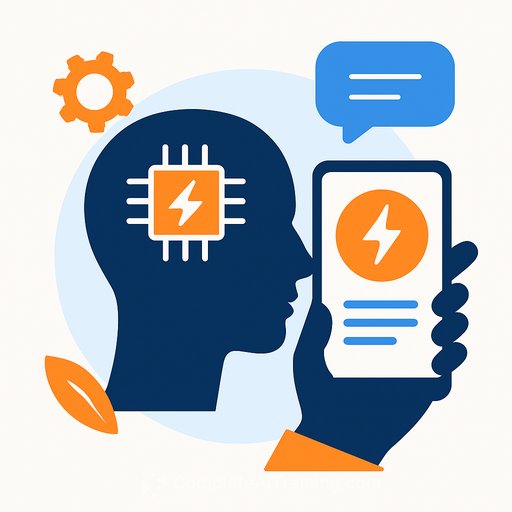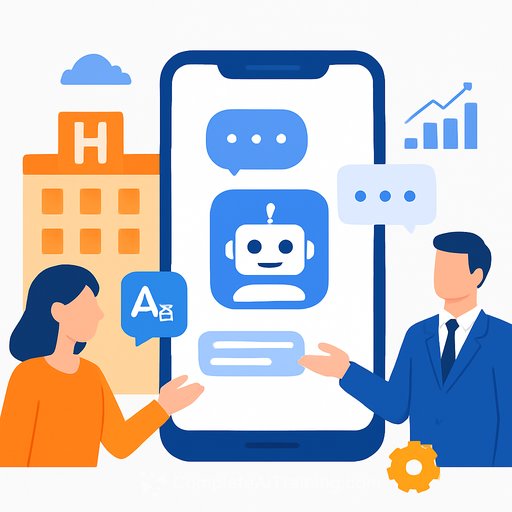AI and the Empathy Gap: Balancing Automation with Human-Centered Customer Experience
Brands are quickly adopting AI to boost efficiency in customer experience (CX), but a clear gap remains between internal benefits and what customers actually feel. Verizon’s 2025 CX Annual Insights Report highlights that success won’t come from AI alone—it depends on smart integration that strengthens human connections and solves real customer frustrations.
Human Interaction Still Leads
Consumers clearly prefer human interaction. The report found 88% of customers are satisfied with mostly or fully human support, compared to just 60% satisfaction with AI-driven interactions. This shows empathy and trust from a human can’t be fully replaced by automation.
The Biggest Source of Frustration: No Easy Human Hand-Off
Nearly half of consumers (47%) say their top frustration with automated service is the inability to quickly reach a live human agent when needed. This echoes what executives hear, making it clear that AI can’t leave customers feeling stuck or ignored.
The Personalization Paradox
Personalization is often cited as a key benefit of AI, yet many consumers don’t feel it improves their experience. In fact, 30% report that personalization has made their experience worse, while only 26% say it’s better. Data privacy rules limit brands’ ability to use AI effectively, with 65% of executives agreeing privacy constraints hold them back. Meanwhile, 54% of consumers trust companies less to handle their data properly.
These findings highlight the need to balance personalization with respect for privacy and genuine customer value.
Using AI to Enhance, Not Replace, Human Support
AI works best when it supports human agents instead of replacing them. Verizon’s report shares examples of companies using AI to empower their teams and improve service quality.
- Proactive Assistance: Energy company Exelon used AI and predictive analytics during COVID-19 to identify households at risk of missing payments. This allowed them to reach out with personalized help, turning AI into a tool for meaningful support.
- Agent Assistance: Exelon is piloting generative AI to help customer service reps access the right information quickly and summarize calls. This reduces agent workload and improves call efficiency without losing the human touch.
These approaches show how AI can improve CX by enhancing human skills and responsiveness.
Key Takeaways for Customer Support Teams
- Keep human agents accessible—don’t let AI block the option to talk to a person.
- Use AI to assist agents with data and insights, not as a standalone replacement.
- Respect data privacy and avoid over-personalization that might feel intrusive.
- Focus AI on solving real customer problems proactively.
To stay ahead in CX, support teams should look for AI tools that complement their work and keep empathy front and center. For those interested in developing AI skills that improve customer experience, Complete AI Training offers courses tailored for customer support roles.
About the Report
Now in its fifth year, Verizon’s CX Annual Insights report was conducted by Longitude, a Financial Times company. It surveyed 5,000 consumers and 500 senior executives across the US, Australia, Japan, UK, France, Germany, and the Netherlands in late 2024.
Your membership also unlocks:





